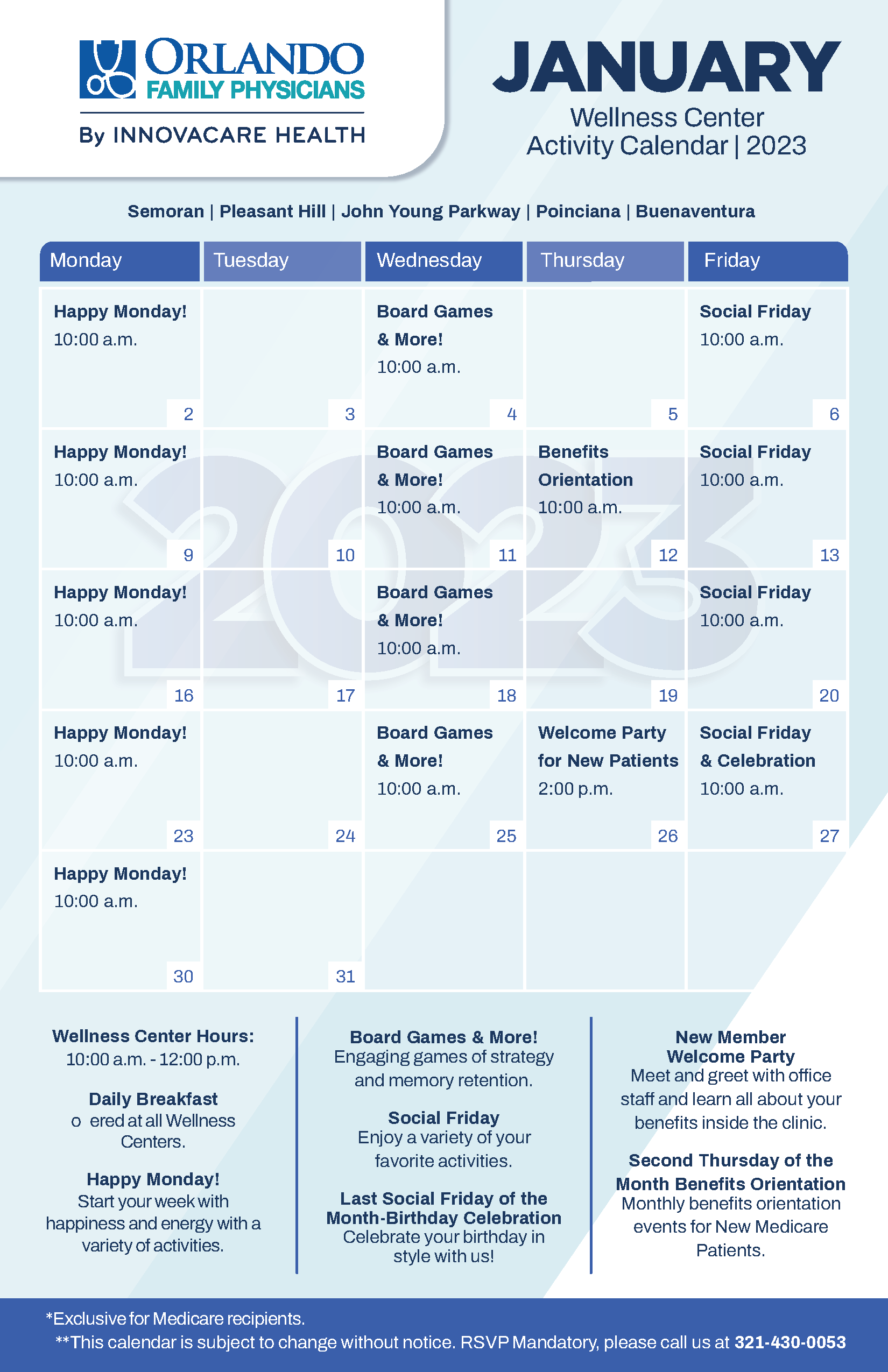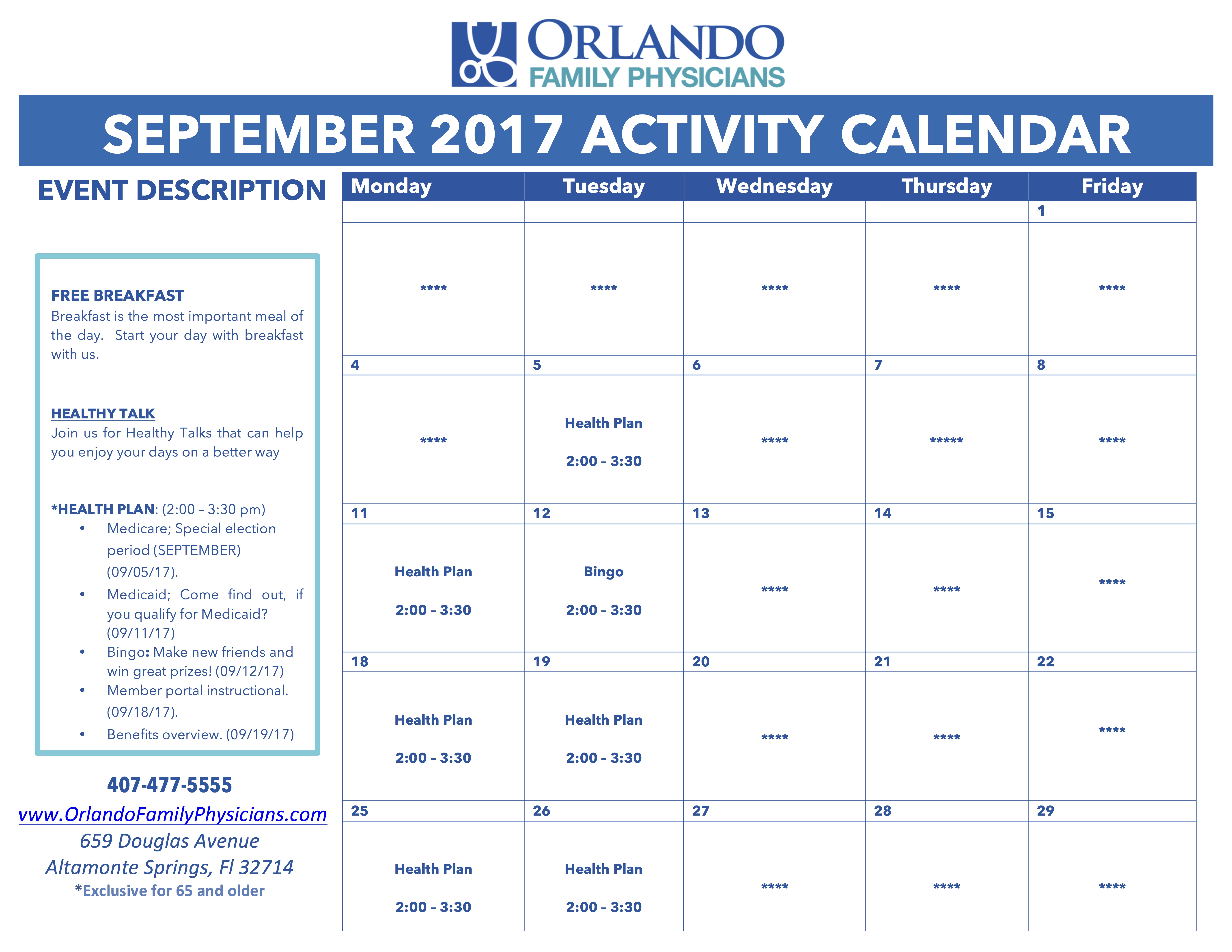
Case Manager Job Description
Various locations
CMSA approved definition: Case Management is a collaborative process which assesses, plans, implements, coordinates, monitors, and evaluates options and services to meet an individual’s health needs through communication and available resources to promote quality cost-effective outcomes.
CMSA Case Management Role: The role of the Case Manager is to collaborate with clients by assessing, facilitating, planning and advocating for health needs on an individual basis. Successful outcomes cannot be achieved without specialized skills and knowledge applied throughout the process. These skills include, but are not limited to, positive relationship building, effective written/verbal communication, ability to effect change, perform critical analysis, plan and organize effectively and promote client/family autonomy.
It is crucial for the Case Manager to have knowledge of funding resources, services, and clinical standards and outcomes.
Case Manager Standards of Performance:
1. Quality of Care:
• Case manager will provide an appropriate, timely and beneficial service to all patients which promotes quality and cost-effective health care outcomes.
2. Education, Preparation, Certification Qualifications:
• Care Coordinator – Social Work Degree
• Current nursing license with the State of Florida, LPN or RN
• Case Manager will work towards and maintain Case Management Certification
• Case Manager will maintain continuing education appropriate for case management and professional licensure
• CPR/BLS certification
3. Collaboration:
• The Case manager’s role requires collaborative, proactive and patient-focused relationships to facilitate, and maximize client healthcare outcome.
4. Legal:
• The Case Manager practices in accordance with applicable laws.
• Be knowledgeable of the legal scope of practice of various healthcare providers: Confidentiality and release of information. HIPAA guidelines.
5. Ethical:
• The Case Manager will be guided by ethical principles and will provide service with respect for autonomy, dignity, privacy and rights to the individual.
Case Manager Skills:
• Communication / Coordinate sharing of pertaining information
• Critical Thinking / Problem solving/Computer
• Clinical background / Case screening and identification / Referral coordination
• Negotiation and collaboration / Knowledge of community resources
• Patient advocacy and empowerment /Conference and meetings
Case Manager Responsibilities:
1. Daily review of Hospital and Skilled Nursing Home inpatient list
• Daily updates from Hospital and/or SNH Case Managers
• To provide information to Hospital and/or SNH Case Manager
• To coordinate post in patient admission services and office follow up
• To obtain medical records from Hospital and/or SNH for office follow up
• Family dynamics and support systems
2. Coordinate with PCP and Hospitalist Group Case Manager any possible admissions and/or ER diversions to a Skilled Nursing Home
3. Notify Skilled Nursing Home admitting physician and Case Manager of any possible admissions and provide medical information as needed
4. Maintain documentation: Patient’s medical records and CCMR
5. Contact ALL Medicare Capitated HMO “no shows”.
• Document in the chart the reason and reschedule
6. Regular interaction with office Referral Coordinator to review elective/future inpatient and outpatient procedures.
• Review w/ PCP
• Review Pre-op clearance w/ office staff
• Notify UM/Quality Department Director of upcoming procedures to be done at the hospital
7. Review all out of the area admissions and keep a daily report
• Notify Claims Review Department of all out of area admissions
8. Daily review of office schedules to identify any patient’s that need Case Management intervention.
• Recent Hospital/SNH discharges
• Disease Management
• Education on Advanced Directives, Community Services information
9. To identify patients for Disease Management and follow up according to protocol
• CAD/CHF/COPD/DM/CKD Disease Management
10. New patient orientation: All HMO – Managed Care Advantage new members orientation within the 1st month of enrollment
• Completion of: Mini Mental, ADL’s screening, psychosocial assessment (See new patient orientation form)
• Identification of any transfer for cause members or reallocation cases
11. To maintain monthly logs:
• ESRD-End Stage Renal Disease Log: Form 2728 ESRD Medical Evidence Report
• Hospice Log – Certification Forms
• Oncology Log
• Transplant Log
• CAD/CHF/COPD/ Diabetes / CKD Disease Management Log
12. To follow up protocols of:
• Case Management
• Disease Management
• Transitions of Care


